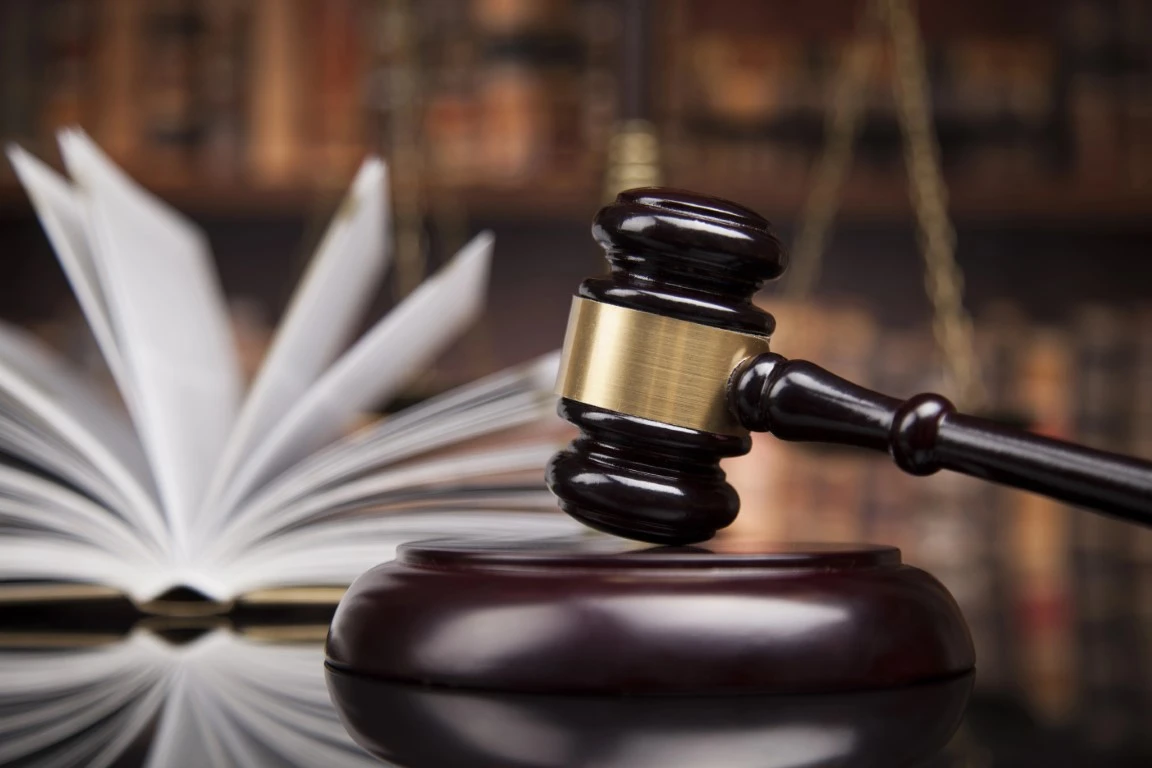
Probate Litigation
Although your loved one may have had all their accounts in order at their passing, this doesn’t protect their estate from probate litigation. Whether there is an inheritance dispute or questions about the validity of the Will, this process can be lengthy, costly, and difficult to go through without the support of an expert legal team.
At Bishop Estate Law, we understand how difficult it can be to deal with probate after your loved one passes away, and this process becomes even more difficult when there are disputes among heirs. With the support of our team, you can trust that we’ll help you navigate any potential probate matters, ultimately ensuring your loved one’s wishes are honored and respected.

Understanding Litigation
Probate litigation occurs when there is a dispute related to the probate process or the administration of an estate. These disputes often arise when there is uncertainty or disagreement over the handling of the estate, particularly if there is no will, the will is unclear, or if beneficiaries have conflicting interests. Some other common reasons for probate litigation include:
- Contesting the Validity of the Will: If an heir or beneficiary believes the Will was created under duress, undue influence, or when the deceased lacked the mental capacity to make sound decisions, they may choose to contest it to the court.
- Disputes Over Asset Distribution: Conflicts may arise between beneficiaries if they believe assets are being distributed unfairly, either because of a disagreement over the Will’s terms or because they weren’t divided properly.
- Executor Misconduct: The executor of a Will is expected to act in the estate’s best interests. If they fail to do so, litigation may be necessary to hold them accountable.
- Intestacy Disputes: If the deceased didn’t leave a valid Will, their estate would be distributed according to Utah’s intestacy laws. In blended families or situations where there are multiple potential heirs, conflict isn’t uncommon.
The Role of the Court in Probate Litigation
During probate litigation, the court plays a major role in resolving beneficiary disputes and ensuring the legal process is followed. If an heir or beneficiary contests the will, the court examines any presented evidence, including witness testimony, handwriting samples, and medical records, to determine its validity.
Additionally, the court may check on the executor or administrator to ensure they are fulfilling their duties to the estate. If a beneficiary believes the executor has acted improperly, they can petition the court for action. When there is a dispute over asset distribution, the court interprets the will or follows state laws to ensure fairness.
If disagreements among beneficiaries arise, the court’s final ruling determines the outcome. Navigating probate litigation is complex, and having an experienced legal team behind you is essential for protecting your interests and achieving a fair resolution. If you need support through this process, Bishop Estate Law is here to help.

How to Avoid Litigation
While probate litigation may be unavoidable in some cases, there are some steps you can take during the estate planning process to reduce the likelihood of disputes. By being proactive and creating a comprehensive estate plan, you minimize the chance of family and beneficiary conflict after your passing. Some steps you can take include:
- Create an Estate Plan: A comprehensive estate plan should include a valid Will, trust, and beneficiary designation to prevent many probate disputes. Clearly outlining your wishes and making your intentions known can help avoid confusion and disagreement.
- Regularly Update Your Will: The Will writing process isn’t a one-time process. It should be continually reviewed and revised throughout your life. As major life changes occur, like marriage, the birth of a child, and purchasing property, you should update your will to accommodate these additional beneficiaries and assets.
- Communicate with Family: Your family is far less likely to contest a Will if they know what to expect when you pass. Talk to them about why you made your decisions and how you want things handled so they are confident in the Will’s validity.
- Appoint a Competent Executor: When choosing an executor, ensure they are trustworthy and will act in your best interest. This person should also understand the expected responsibilities and be prepared to deal with potential conflict.
Safeguarding Your Loved One’s Estate
Probate litigation can be a challenging, emotional, and legally complex process. If you are involved in a probate dispute, Bishop Estate Law is here to provide expert guidance and representation every step of the way. Our team has extensive experience in all aspects of probate litigation, including will contests, breach of fiduciary duty claims, and beneficiary disputes.
Contact us today for a consultation, and let us guide you through this complex legal process.